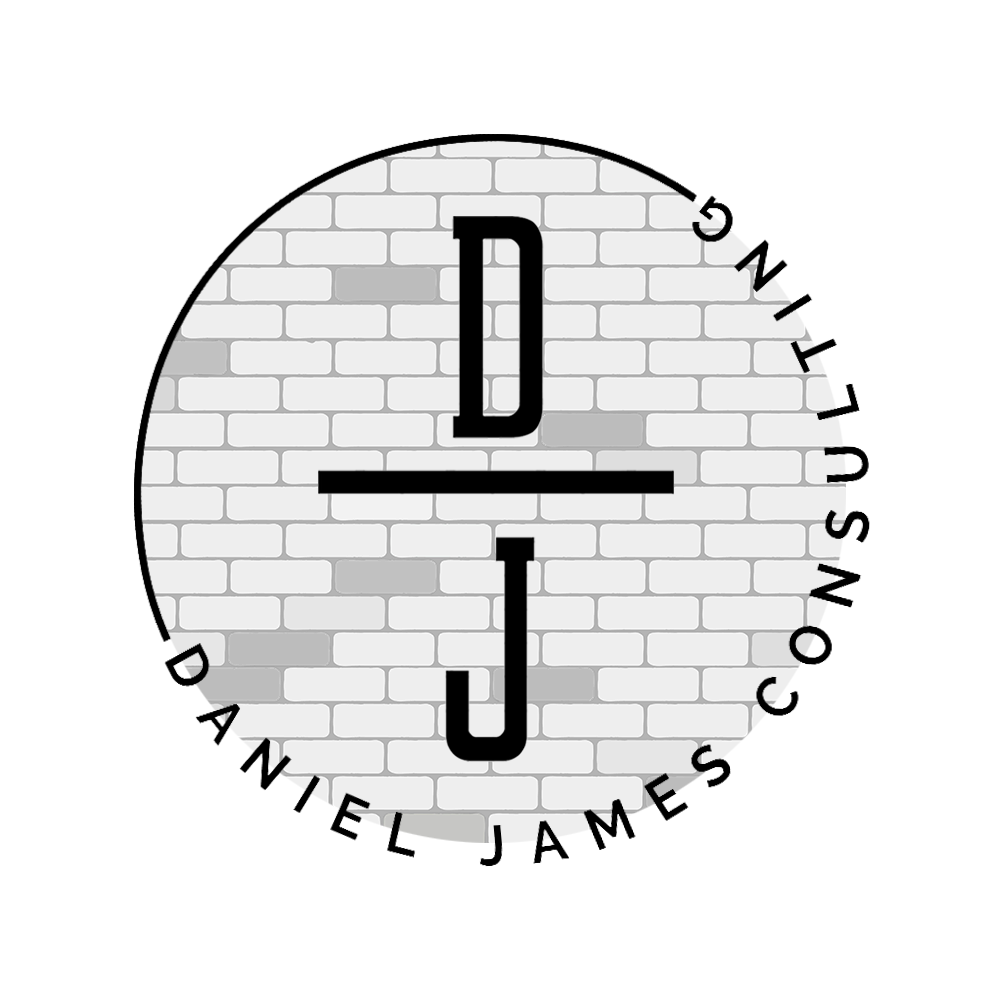
ABOUT ROTARY
Rotary is a worldwide organization of business and professional leaders that provides humanitarian service, encourages high ethical standards in all vocations, and helps build goodwill and peace in the world. Approximately 1.2 million Rotarians belong to more than 32,000 clubs in 168 countries.Rotary club membership represents a cross-section of the community's business and professional men and women. The world's Rotary clubs meet weekly and are nonpolitical, nonreligious, and open to all cultures, races, and creeds.
The main objective of Rotary is service in the community, in the workplace, and throughout the world. Rotarians develop community service projects that address many of today's most critical issues, such as children at risk, poverty and hunger, the environment, illiteracy, and violence. They also support programs for youth, educational opportunities and international exchanges for students, teachers, and other professionals, and vocational and career development. The Rotary motto is Service Above Self.
The Rotary Foundation of Rotary International is a not-for-profit corporation that promotes world understanding through international humanitarian service programs and educational and cultural exchanges. It is supported solely by voluntary contributions from Rotarians and others who share its vision of a better world. Since 1947, the Foundation has awarded more than US$1.1 billion in humanitarian and educational grants, which are initiated and administered by local Rotary clubs and districts.
HISTORY OF ROTARY
The Rotary Club of Yorktown was chartered in 1949. Rotary Club of Yorktown is in Rotary District #7230, which encompasses Westchester, Bronx, Manhattan, Staten Island, and Bermuda. Yorktown Rotary members dedicate countless hours and energy to help make Yorktown a better place for all.
The first Rotary Club in the world was organized in Chicago, Illinois, on February 23, 1905, by Paul P. Harris, a young lawyer. In a spirit of friendship and understanding, he gathered a group of four men, each of whom was engaged in a different form of service to the public. That basis of membership -- one individual for each business and profession in the community -- still exists in Rotary.
At first, the members of the new club met in rotation at the various places of business of the members. Thus the name "Rotary" was adopted.
The objectives of that first Rotary club focused primarily on fellowship, and secondarily on the welfare of each other. In 1907, however, when the new club led a campaign to install public "comfort stations" in Chicago's city hall -- its first service project -- the course of Rotary was firmly set.
By 1911, Rotarians were using the unofficial slogans, "He Profits Most Who Serves Best" and"Service Above Self." They were eventually made official by convention action in 1950.
The second Rotary club was formed in 1908 in San Francisco, California. Across the Bay in Oakland, California, the third club was formed. Others followed in Seattle, Washington, Los Angeles, California, and New York City. By 1910, there were 16 clubs dotted across the United States.
These clubs called the First Convention in August of that year, in Chicago, to organize "The National Association of Rotary Clubs."
With the admission of the Rotary Club of Winnipeg, Canada, in 1911, Rotary became an international organization. At the 1912 Convention, the name was changed to the International Association of Rotary Clubs; in 1922, the present name, Rotary International, was adopted.
THE FOUR-WAY TEST
From the earliest days of the organization, Rotarians were concerned with promoting high ethical standards in their professional lives. One of the world's most widely printed and quoted statements of business ethics is the 4-Way Test.
It was created by Rotarian Herbert J. Taylor in 1932, when he was asked to take charge of a company that was facing bankruptcy. Taylor looked for a way to save the struggling company mired in depression-caused financial difficulties. He drew up a 24-word code of ethics for all employees to follow in their business and professional lives. The 4-Way Test became the guide for sales, production, advertising and all relations with dealers and customers, and the survival of the company is credited to this simple philosophy.
Herb Taylor became president of Rotary International in 1954-55. The 4-Way Test was adopted by Rotary in 1943 and has been translated into more than a hundred languages and published in thousands of ways. It consists of the following questions:
"Of the things we think, say or do:
First. Is it the TRUTH?
Second. Is it FAIR to all concerned?
Third. Will it build GOOD WILL and BETTER FRIENDSHIPS?
Fourth. Will it be BENEFICIAL to all concerned?